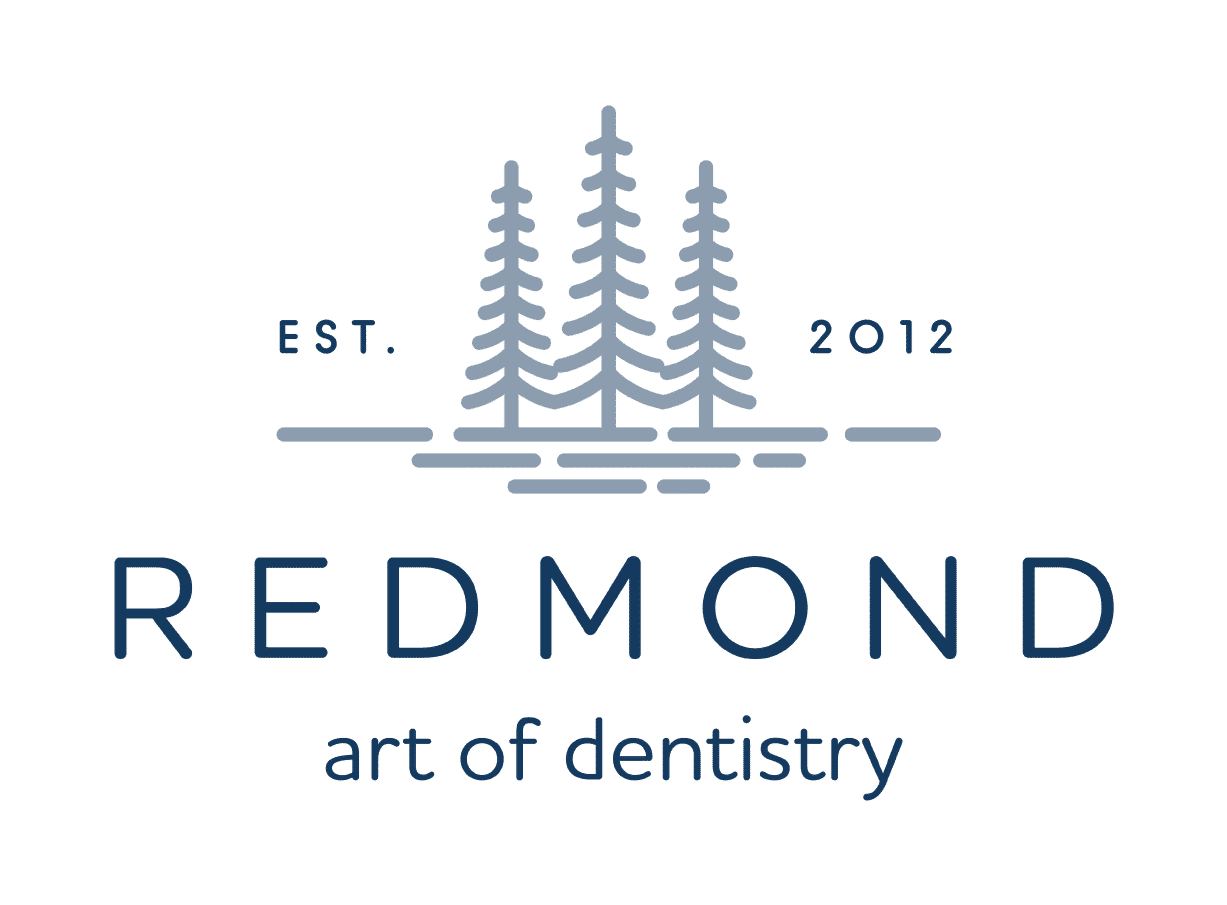Tooth contouring is also known as an odontoplasty. The procedure is what it sounds like, involving the reshaping and contouring of your natural teeth through drilling, filing, and smoothing. It is often performed before other dental treatments such as bonding veneers or preparing teeth to receive dental crowns.
Patients can correct dental imperfections, improve damaged teeth, and even make cleaning the teeth simpler. In this blog from Redmond Art of Dentistry, we’re going into detail about the procedure, its benefits, potential drawbacks, and aftercare. To learn more about what you can expect from teeth contouring, read on.
BENEFITS OF ODONTOPLASTY
Odontoplasty is a great way to improve the appearance of your teeth and smile in a minimally invasive and cost-effective way. Cosmetic treatments can have tremendous effects on patient confidence. The procedure is simple, quick, and painless. Other benefits of odontoplasty are:
- Fixes chipped or broken teeth
- Repairs damage from teeth grinding
- Smooths out uneven teeth
- Create a uniform shape and size of the teeth
- File down excessively sharp teeth
- Trim down canines that are too long or fang-like
LIMITATIONS OF ODONTOPLASTY
While odontoplasty or teeth contouring is a great cosmetic procedure that poses little risk to your teeth, the procedure does have its limits. This procedure is essentially simply the filing down of your natural enamel and subsequent contouring, shaping, and polishing.
This means that whatever the natural structure of your tooth or enamel is is what we have to work with. If you have thin or worn-away enamel, this will limit the amount of contouring that can be performed on the tooth and may require combining dental bonding (which involves adding material to the tooth) to get the desired results.
Dental contouring may not be suitable for you if you have severe dental or cosmetic problems or if you are looking for a drastic change. Because the procedure is drilling away small amounts of your enamel, this can cause certain problems such as tooth sensitivity.
It’s also important to understand that the alteration made to your enamel is permanent, so it is irreversible. If you are receiving an odontoplasty purely for cosmetic reasons, it is unlikely that dental insurance will cover teeth contouring.
HOW TO CARE FOR CONTOURED TEETH
Practicing good oral hygiene, preventing tooth sensitivity, and being careful with your teeth are all important after receiving an odontoplasty. Regularly brush your teeth twice a day for a minimum of 2 minutes and floss once daily. Brush very gently with a soft-bristled toothbrush and non-abrasive toothpaste.
Be careful with your teeth directly after odontoplasty, as your teeth may be extra sensitive since your enamel has been stripped. Avoid eating chewy, sticky, and hard foods for a little while. Return to the dentist every 6 months for thorough cleanings that remove build ups of food particles, plaque, and tartar.
The dentist will also check on the condition of your teeth and enamel. Do not use your contoured teeth as tools. Your teeth will be more susceptible to staining, so it is best to avoid staining foods and drinks such as coffee and red wine and foods high in sugar.
If the treatment causes tooth sensitivity, you can relieve this by using a desensitizing gel and toothpaste for sensitive teeth. If you suffer from bruxism, you will need to wear a mouthguard at night so you don’t damage your teeth. Your teeth will be much thinner after having a layer of enamel removed.
teeth contouring and more at redmond art of dentistry
Are you unhappy with the appearance of your teeth because of orthodontic problems or visible dental imperfections? At Redmond Art of Dentistry, we offer a wide range of cosmetic treatments that can address these problems to restore the appearance of your teeth and increase your confidence. Contact us today at (425) 386-7599 Calls on Click or schedule a consultation online with Dr. Daniel Bickel.

